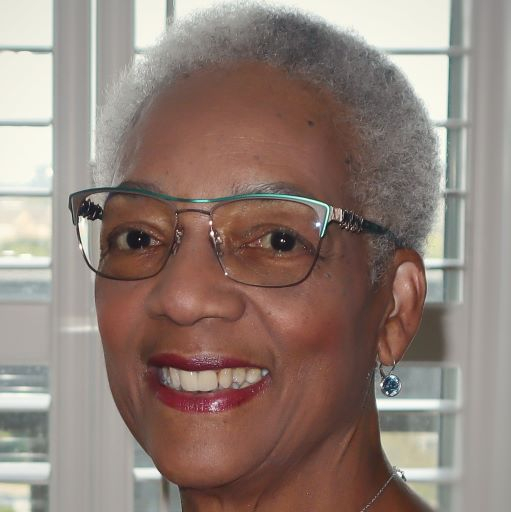
Paula de Ronde was born on the fabled island of Jamaica. She completed her Master’s degree at the University of Toronto to become a librarian who would work with children, teenagers and adults for almost 30 years. In the process, she rose in the ranks to become a leader at Toronto Public Library, one of the largest public institutions of its kind in the world, and in the national and international forums of librarianship. Her successful professional life opened volunteer opportunities to foster and advocate for a diverse number of people and causes. She passionately supported literacy and the significance of libraries to the lives of people in their communities. She was profiled and published in Jamaicans in Canada: When Ackee Meets Codfish, a book honouring the achievements and contributions of Canadians of Jamaican origin to their adopted home.. Her advocacy and leadership has now taken an unexpected and dramatic shift with the contraction of Alzheimer’s by her husband, Bert. The disease has drawn her into a cauldron of new issues from long term care to the exigencies of the disease itself. A lifetime of experience is now immersed in the most human of all her journeys as she observes, prods, enlightens and challenges the strange shadows of this unfathomable disease.
Six to twenty years plus. This sounds like a sentence for a very serious crime. It is, although no crime has been committed. Yet that is the sentence handed down on receiving a diagnosis of Dementia.
My Bert Has Alzheimer's charts the journey of this life sentence. The fears, anger, and frustrations are laid out in intimate detail. Chapters like the Caregiver Job Description and Alzheimer’s University allow you to enter into the convoluted life of a caregiver.
It chronicles the pitfalls and unexpected moments of joy in a readable book that informs, guides, enlightens and presents innovative ways to successfully live with the spectre of Alzheimer’s disease always hovering.
Honest, heart rending yet utterly uplifting.
The subject is so vast that presentations are limitless. Organizers may choose a particular issue such as caregiver advocacy and support, dealing with various behaviours of persons with dementia, Long Term Care issues, finding community support, and much more.



